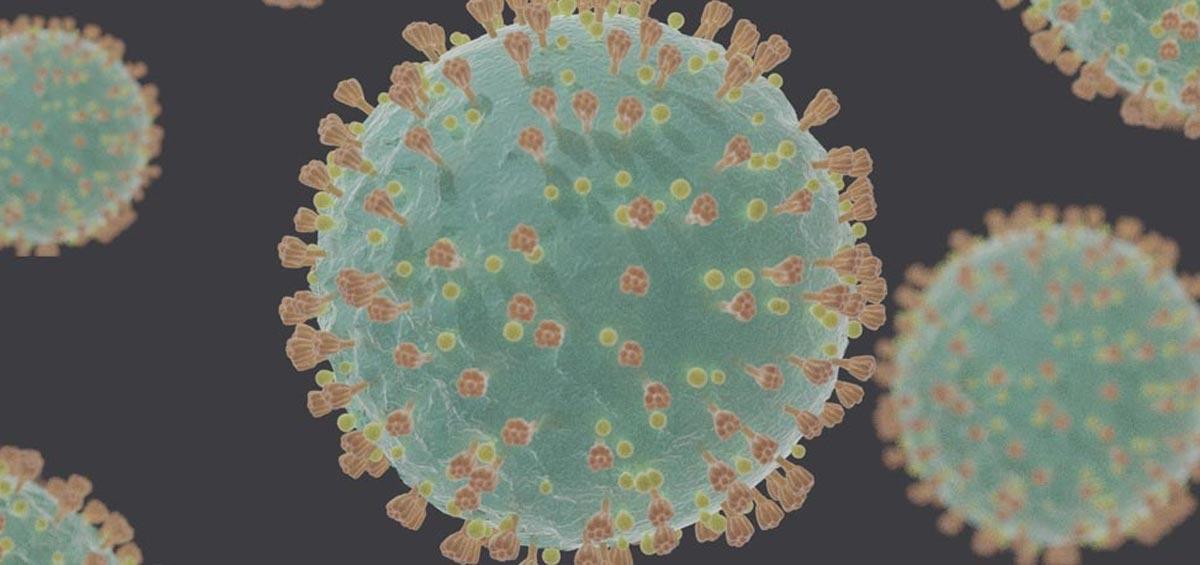What can COVID-19 teach us about climate change?

COVID-19 is most directly a devastating health threat, but its ripple effect has also upended food security, economic stability, governance, and more. These are the same components of society that climate change is affecting on a much slower scale. So how can we learn from the more immediate consequences of COVID-19 when planning to combat climate change?
Climate scientists at Columbia are already studying the various responses to COVID-19. Perhaps the most important lesson is that societies around the world must learn to value science and the warnings of scientists about terrible yet plausible scenarios. Other lessons include the effect of incentives: individuals can see the benefits of social distancing immediately in maintaining their health, which in turn protects the health of others. But it may be hard to demonstrate such value when convincing people to reduce greenhouse gas emissions, where the benefits are not no obvious even though reducing emissions is better for the planet as a whole.
Another important side effect of COVID-19 is how it demonstrates the variety of responses of local and federal government. Witnessing how different cities, states, and countries respond to the epidemic, and what outcomes those responses produce, will be particularly illuminating for how governments may respond to climate change as it worsens.
Finally, research by scientists at Columbia’s Lamont-Doherty Earth Observatory has shown that coronavirus-related shut downs are causing air pollution and carbon emissions to plummet in New York, and similar trends are being observed in other cities. Perhaps this trend can be maintained in the aftermath of COVID-19 if societies realize that some work and other activities can done remotely with less reliance on transportation. Learn more.
Make Your Commitment Today



